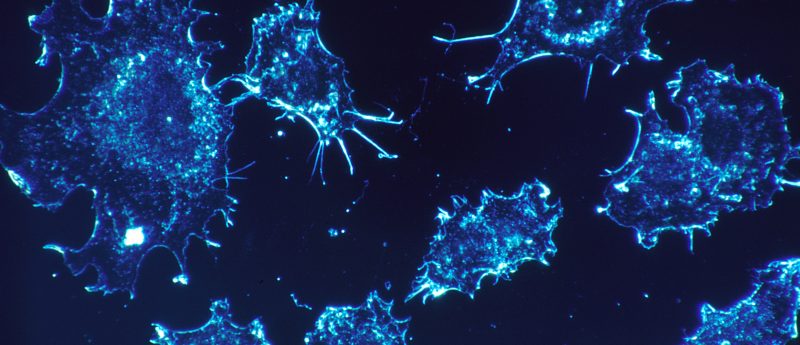Granulin research opens avenues for frontotemporal dementia treatment

Researchers from Emory University School of Medicine (GA, USA) have developed the first tool with the ability to detect granulins in cells. The discovery could open up avenues to new therapeutics for a wide range of age-related neurodegenerative diseases. The purpose of granulins is as-yet unclear; however, a genetic mutation in GRN, the gene encoding progranulin (PGRN), the precursor to granulin, has been shown in some familial and sporadic frontotemporal dementias (FTDs). FTD is the most common dementia in people under 60 years of age. PGRN is expressed in microglia and neurons of the brain. Granulin mutations are also implicated...




